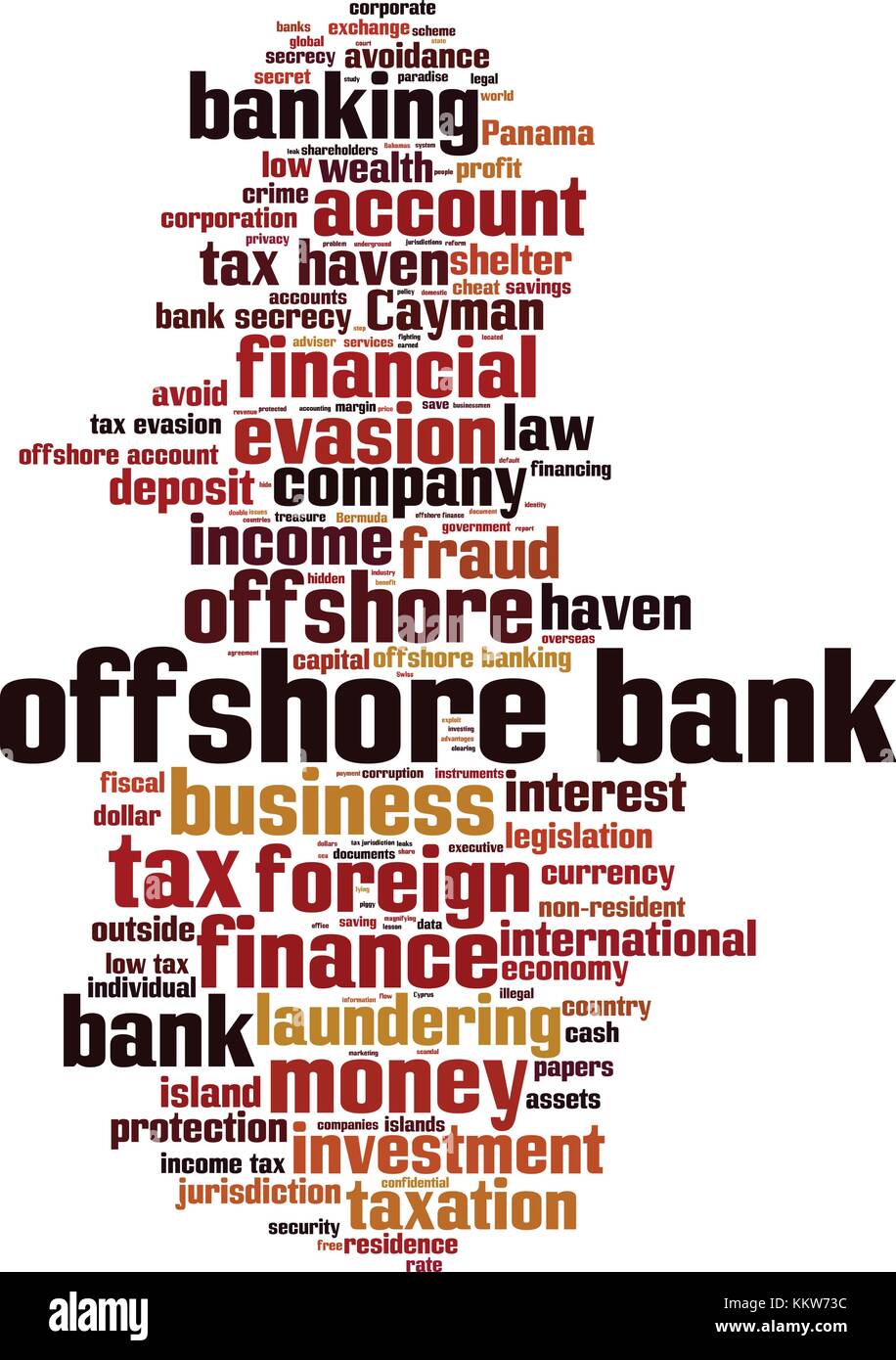Offshore Company Formation: Necessary Steps for Worldwide Development
Offshore Company Formation: Necessary Steps for Worldwide Development
Blog Article
Recognizing the Legal Effects of Offshore Company Development

Legal Structure for Offshore Companies
When establishing an overseas company, understanding the lawful framework regulating its formation and operation is critical for conformity and threat administration. Offshore firms operate under certain laws and policies that differ from those of onshore entities. The legal structure for overseas companies commonly consists of arrangements for company registration, shareholder requirements, supervisor responsibilities, and tax obligation commitments.
Business enrollment entails submitting the required documents to the proper regulatory authorities in the picked territory. This process frequently calls for comprehensive information concerning the business's structure, shareholders, and intended tasks. Additionally, offshore companies should adhere to particular shareholder demands, such as keeping a register of investors and maintaining this info approximately day.
Directors of offshore firms have fiduciary duties to act in the best passions of the company and its investors. By sticking to the lawful framework controling offshore firms, businesses can operate with confidence while minimizing lawful dangers.


Tax Effects and Rules
Recognizing the tax obligation effects and guidelines is critical when thinking about the establishment and operation of an offshore firm. Offshore firms are commonly subject to positive tax obligation regimens, using reduced or absolutely no tax prices on foreign-earned revenue.
Tax obligation guidelines for offshore business differ substantially across territories, and it is critical to look for experienced recommendations to recognize the specific demands and obligations. Extensive expertise of tax legislations and guidelines, as well as proper tax planning, are important to guarantee the effective and certified procedure of an overseas firm.
Compliance Demands and Reporting
Ensuring conformity with regulative demands and maintaining accurate coverage are important elements of taking care of an offshore company efficiently and transparently. Offshore business have to follow the laws and guidelines of both the territory in which they are integrated and any various other pertinent territories where they conduct organization. Compliance needs commonly include submitting yearly returns, financial declarations, and tax reports with the ideal authorities. Failing you can find out more to meet these commitments can lead to charges, penalties, and even the cancellation of the company's enrollment.
In addition to regulative conformity, overseas firms are typically subject to reporting needs to make certain transparency and protect against unlawful tasks such as cash laundering or tax evasion. Reporting obligations might entail divulging details concerning the company's possession structure, economic tasks, and recipients. This information might need to be shown governing bodies, tax authorities, or other governmental agencies, depending upon the jurisdiction.
Keeping accurate and extensive documents is vital for showing conformity and replying to any kind of questions or audits efficiently. Offshore companies ought to apply robust coverage systems and interior controls to make certain that they fulfill all lawful needs and run with stability.
Possession Defense and Privacy Regulations
In the world of offshore business formation, an important factor to consider is the interaction in between property security techniques and personal privacy regulations. By structuring properties within an offshore business, individuals can safeguard their wide range and expand their holdings across different legal frameworks. Inevitably, recognizing the intricate relationship in between property defense methods and personal privacy laws is vital when taking into consideration offshore company formation.
Dangers and Challenges to Consider
When venturing into offshore firm development, prudent factor to consider of possible dangers and challenges is essential for informed decision-making and tactical planning. Furthermore, political instability or changes in overseas jurisdictions can present a danger to the continuity of operations and the defense of assets held by the offshore company.
Difficulties might also arise find out here worrying the complexity of overseas firm structures and the demand for experienced legal and economic suggestions to navigate the complex regulative frameworks of different territories (offshore company formation). Maintaining compliance with varying worldwide laws and policies, along with potential language barriers and cultural distinctions, can better complicate the offshore firm formation procedure. It is essential to be knowledgeable about these click site risks and challenges before continuing with offshore firm formation to minimize possible mistakes and make sure a legally audio and smooth facility
Conclusion
In verdict, offshore firm formation involves browsing complex legal frameworks, tax obligation effects, compliance requirements, and personal privacy laws. Comprehending these aspects is essential for minimizing threats and obstacles linked with overseas organization operations. It is necessary for individuals and businesses considering overseas business development to look for specialist guidance to ensure compliance with guidelines and to shield their assets effectively.
The lawful framework for overseas firms typically consists of arrangements for business enrollment, investor needs, supervisor responsibilities, and tax commitments.
Directors of overseas firms have fiduciary duties to act in the finest passions of the firm and its shareholders. By sticking to the legal framework governing overseas business, companies can operate with confidence while lessening lawful risks.
Furthermore, political instability or modifications in overseas jurisdictions can posture a threat to the connection of procedures and the protection of properties held by the overseas company. - offshore company formation
In conclusion, offshore business development includes navigating complicated lawful frameworks, tax obligation effects, compliance demands, and personal privacy laws.
Report this page